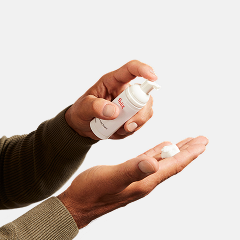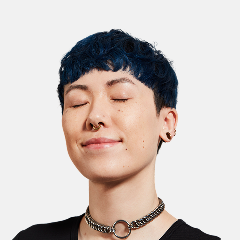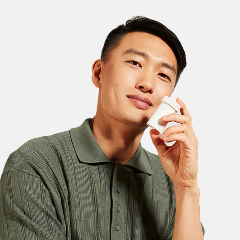Download the Felix App
Earn reward, visit our shop and get exclusive offers on the app
Download now


Through Felix, you can get Estrogel® prescribed by a licensed healthcare practitioner with free delivery to your door.
Estrogel is a gel containing 17β-estradiol, which is meant to be used transdermally.
This medication is used in Menopause Hormone Therapy (MHT) for women in an estrogen-deficient state caused by menopausal or postmenopausal symptoms.
In some cases, Estrogel gel is also prescribed alongside progestin for women that have intact uteri. This is done to help prevent endometrial hyperplasia/carcinoma.
For more resources, including a full list of the risks and benefits of Estrogel, please review the product monograph.
The active ingredient in doses of Estrogel is estradiol, which is a naturally occurring female hormone.
As women enter menopause, their bodies begin producing less estrogen, and some stop producing it completely by the time they reach the postmenopausal life stage.
Estrogel works by helping to replace the missing hormones, and by doing so, alleviates symptoms that often occur in menopause/postmenopause (i.e., hot flashes, night sweats, vaginal dryness, difficulty sleeping, etc.)
Estrogel has two primary uses:
Its primary use is as a medication in Menopause Hormone Therapy (MHT), which may also be called hormone replacement therapy (HRT).
As women enter menopause and then postmenopause, their bodies produce less estrogen. Some stop producing it entirely.
Doses of Estrogel help replace these missing hormones, which reduces the severity of menopause-related symptoms.
Additionally, Estrogel is often used in tandem with a progestin medication to help prevent endometrial hyperplasia/carcinoma in women that have intact uteri.
Before you can start dosing your Estrogel, you’ll need to remove the pump cover.
Next, you should prime the pump, so that a full dose is ready to dispense. This usually takes a pump or two. Discard these partial doses of Estrogel. Note that you only need to prime a pump before your first use of a new Estrogel.
Wash your hands, as well as the areas that you’re going to be applying the medication. You’ll need to use two distinct areas. If you’re using your arms, use the opposite hand to apply to each respective arm.
A full dosage of Estrogel is usually two pumps, but because you’re going to spread it over two areas, you should use one pump to apply at a time.
Apply to each area, and make sure the medication is spread evenly across the area. Then leave for at least two minutes to dry, before covering with clothing.
Always replace the pump cover after each use.
NOTE: Never apply Estrogel on your face, your breasts, or to any area that has irritated or damaged skin. Estrogel is for topical use only.
Side effects from taking Estrogel could include:
If you start to experience any of the side effects severely, be sure to talk to your healthcare practitioner. They may be able to suggest an alternative Estrogel dose (1 pump instead of 2), or a different medication that may work better for you.
There are a number of people who shouldn’t use Estrogel, such as:
In addition to these people, there are others who should be extra cautious about using Estrogel, such as:
If any of these conditions apply to you, be sure to talk to your healthcare practitioner at Felix before requesting Estrogel gel online in Canada. They may be able to suggest alternative medications that will work better for you, based on your current health and medical history.
The following drugs may interact with Estrogel:
Estrogens may diminish the effectiveness of anticoagulant, antidiabetic, or antihypertensive drugs.
Further reading

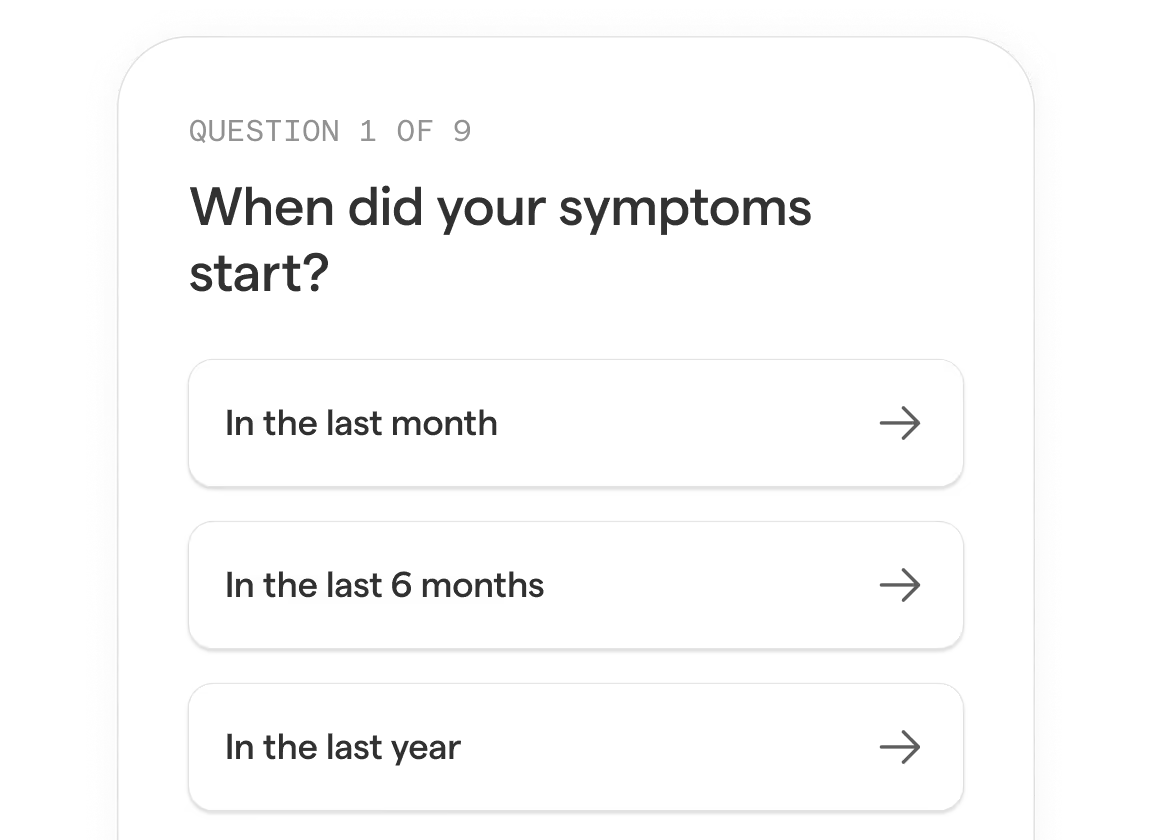

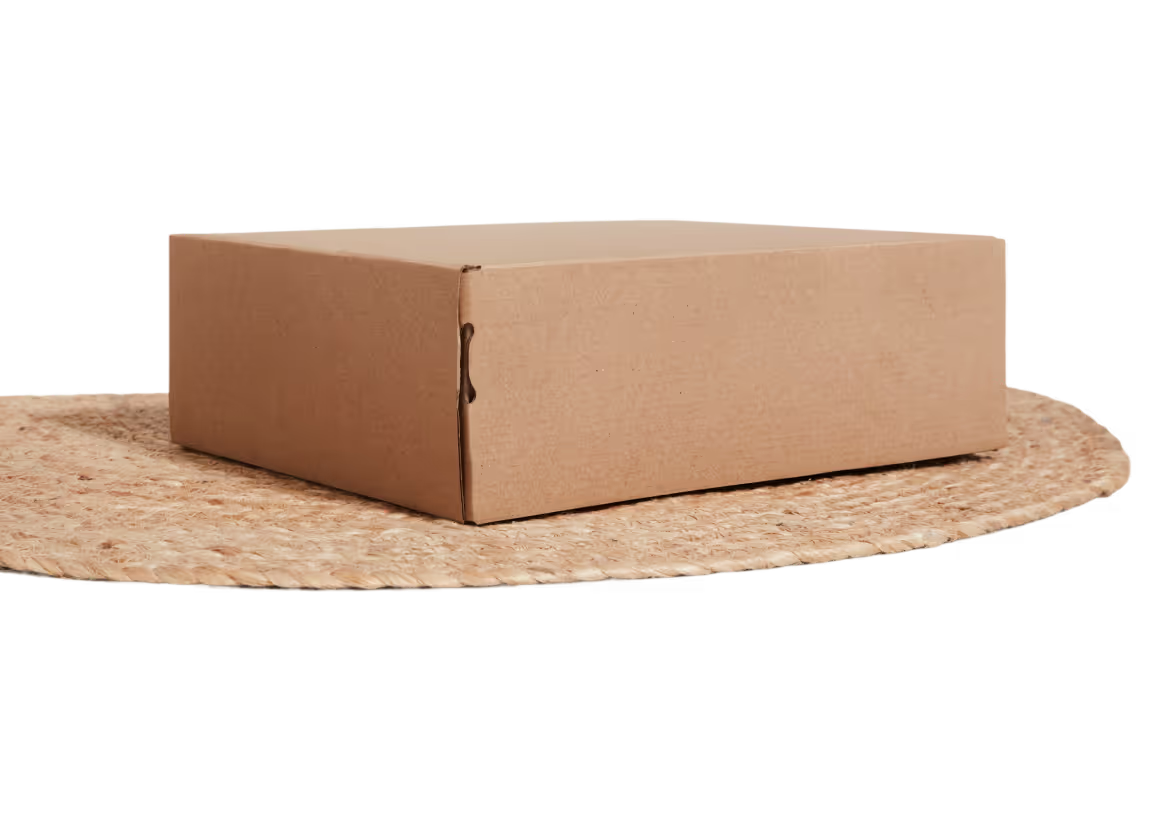




Felix is Canada’s first truly integrated healthcare platform. We provide on-demand treatment for everyday health needs like weight loss, mental health, sexual health, and more. Founded in 2019, our digital-first approach to healthcare includes everything from diagnosis to prescription — all accessible from the comfort of home.
No. Felix provides a faster, hassle-free way for you to get a treatment plan for certain conditions, but our service does not replace your primary care provider. For matters that extend beyond obtaining a lifestyle treatment safely and easily, we encourage you to consult your primary health practitioner in person — whether for checkups, personal health concerns, or to inform them about your current treatments or treatment plans.
Absolutely. Our online assessments have been designed to ask all the necessary questions required for diagnosis. We've worked with specialists to create an assessment process that can provide sufficient information for the healthcare practitioner to determine whether or not you are eligible for a prescription and craft an appropriate treatment plan.
Call 911 or proceed to your nearest emergency room immediately. Felix is not intended for medical emergencies. Once the emergency has been addressed or resolved, contact your prescribing practitioner to inform them of your experience as this may impact your current treatment plan.
Anyone who is 18 years or older (16 or older for acne and birth control prescriptions), and is located in Alberta, British Columbia, Manitoba, Newfoundland and Labrador, Nova Scotia, Prince Edward Island, Saskatchewan or Ontario. We cannot ship treatments outside of these provinces at this time.
After creating an account, you will complete a medical assessment for evaluation by one of the Felix healthcare practitioners.
During your assessment, you will have the opportunity to send your practitioner questions via secure messaging.
In most cases, practitioners will complete your assessment with secure messaging alone but sometimes they may determine you require an audio or video visit and/or further diagnostic testing to help determine the best treatment plan for you.
If your practitioner has determined a prescription treatment is appropriate, they will approve your visit and write you a prescription. Our pharmacy will then ship your prescription to your home.
You’ll be able to message your healthcare practitioner if you have questions or want to make changes to your treatment at any time.
No. We use an asynchronous telemedicine model so you can complete your online visit in your own time and we save your progress so you can come back later to finish it.
If you are completing a visit in the mental health or weight loss categories, your healthcare practitioner may require a phone or video call to discuss your medical profile further during the assessment process.
Most assessments do not require a phone or video conversation. Once a prescriber has reviewed the info in your assessment they will respond to you via secure instant messages that you can access within your Felix account.
If you are completing a visit in the mental health or weight loss categories, your healthcare practitioner may require a phone or video call to discuss your medical profile further during the assessment process.
You can expect to receive a response from a healthcare practitioner within 24 hours of submission. If you’ve been waiting longer than this, please reach out to our Patient Support team through the chat bubble in the bottom right corner of your account or our Contact Us page.
No. A visit with a licensed healthcare practitioner is required for all treatments currently provided through Felix’s service.
Not long. After completing your assessment, a practitioner will generally respond within 24 hours, and often much sooner.
Treatment plans will be processed within 2-4 business days of your approval date if there is nothing blocking fulfillment.
All packages usually takes 2-3 business days. You will receive an email with your tracking number once your treatment has been shipped.
Absolutely. All Felix shipments arrive in a nondescript blister package so you can have your treatment shipped wherever makes sense for you as long as there is someone there to sign for it.
A signature upon delivery may be required.
There is currently no cost to have your treatment shipped to you from our Felix Pharmacy network.
Yes, your security is paramount to Felix’s mission. Personal health information provided during your medical assessment is strictly and legally confidential between you and the Felix healthcare practitioner.
Beyond that, all your account information (including the medical assessment, credit card, and shipping information, etc.) is also stored safely and securely. Felix is compliant with all federal and provincial health privacy legislation. It is our duty to protect your data with comprehensive security infrastructure and stringent data policies to ensure it stays private and secure.
Read more on our Privacy Policy.
Yes! In Canada, only a licensed healthcare practitioner can write a prescription, and only a registered pharmacist can fill that prescription. We are supported by leaders in the Canadian pharmacology and specialized medical fields. Felix adheres strictly to all the regulations set forth by all applicable Colleges of Pharmacists and Colleges of Physicians and Surgeons in which we operate.
Absolutely. All prescriptions obtained via Felix are provided by licensed Canadian healthcare practitioners—the same as you would get at a hospital, doctor’s office, or clinic. These practitioners do not provide prescriptions unless they deem it medically safe and appropriate to write them based on your medical profile and assessment answers. Our assessments have been crafted by the practitioners on our medical team. Finally, all Felix Pharmacies are provincially accredited just like any retail pharmacy.
Your privacy is our top priority. All your data is 256 bit SSL/TLS encrypted, and we take significant steps to keep your data secure. You can read our Privacy Policy for more information.
Felix charges a fee for the online visit. In most cases the fee is $40 but varies by treatment category. The visit fee includes a prescription valid for up to a year (depending on the condition) and on-going support from the healthcare practitioner or pharmacist.
It depends. Treatment costs vary but will be in line with what you would pay at a pharmacy in person. You will see the estimated cost of your treatment before insurance, during the online visit but will only be billed for medication costs for your prescription once it is approved and sent to our pharmacy. Once approved, your treatment and payment will be processed within one to two days.
Keep in mind that you won’t necessarily need to pay the full price yourself. If you have insurance, Felix’s partner pharmacies will bill your insurer directly. You may also be eligible for financial support in your province.
We accept all major credit cards for any aspect of your treatment not covered by insurance or other financial support
Treatment coverage varies greatly between different insurance plans.
The good news is that if you are covered, Felix can bill your insurer directly, and then process your treatment plan at no additional cost to you. We recommend that you upload your private and/or provincial benefit card during the online visit so that our pharmacy partner can apply any coverage you are eligible for before processing your treatment plan.
Insurance coverage for treatment plans through Felix doesn't include the cost of your visit.
A Felix online visit is considered asynchronous since it is conveniently completed through a secure chat bases system. Currently, asynchronous visits are not covered by insurance or provincial health plans so you will be charged a visit fee, depending on the category of treatment you are requesting.
Medication coverage varies greatly between different plans, provinces, and has specific criteria that determine eligibility. For private insurance, we recommend contacting your benefits administrator with your details and the Drug Identification Number (DIN) and the drug name to determine your coverage.
For more details on provincial health plan coverage see below:
Alberta: Learn more about AHCIP here. Search for covered drugs here.
British Columbia: Learn more about MSP here. Search for covered drugs here.
Manitoba: Learn more about MHSIP here. Search for covered drugs here.
Newfoundland and Labrador: Learn more about MCP here. Search for covered drugs here.
Nova Scotia: Learn more about MSI here. Search for covered drugs here.
Ontario: Learn more about OHIP+ here. Search for covered drugs here.
Prince Edward Island: Learn more about Health PEI here. Search for covered drugs here.
Saskatchewan: Learn more about Saskatchewan Health Coverage here. Search for covered drugs here.

